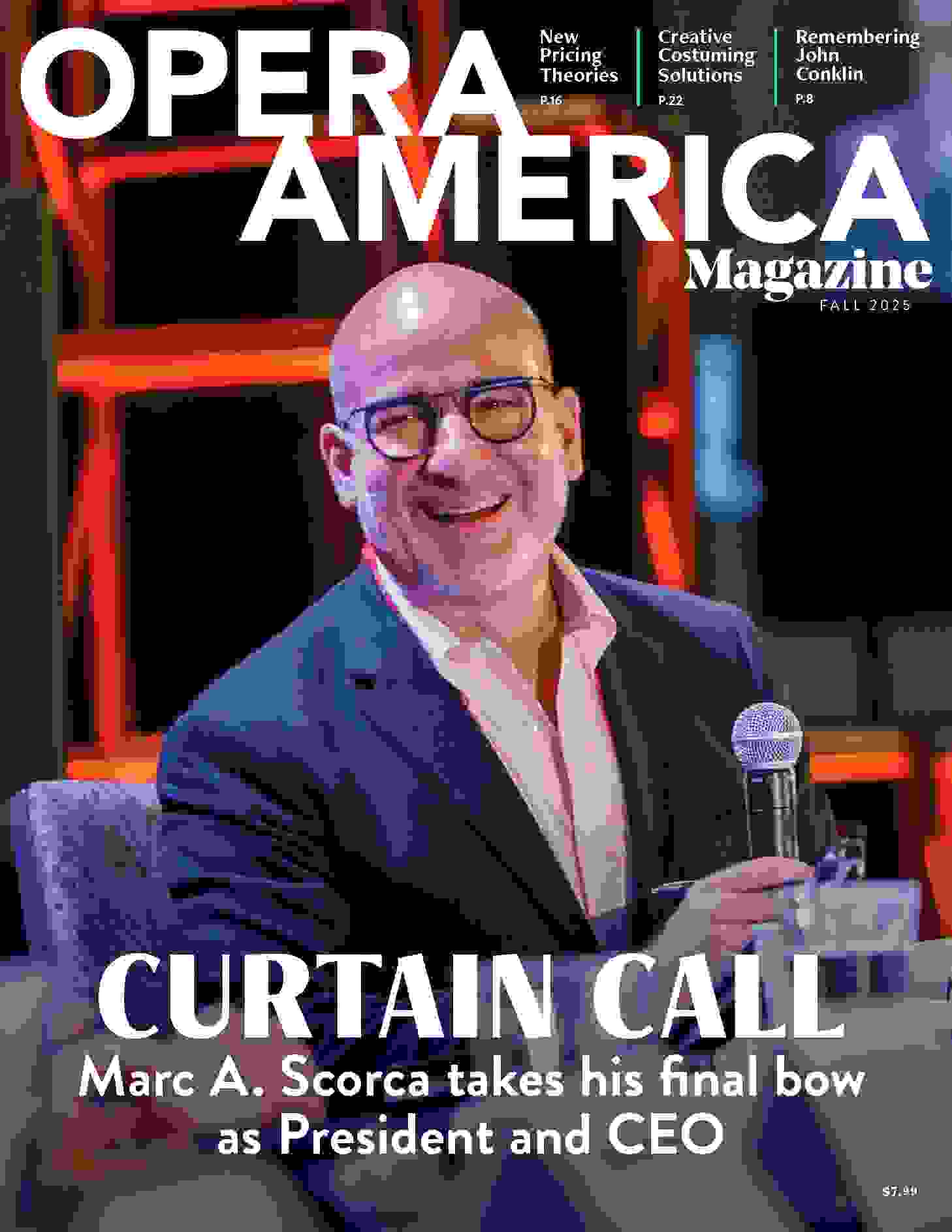Opera companies and HBCUs invite Black singers to the stage
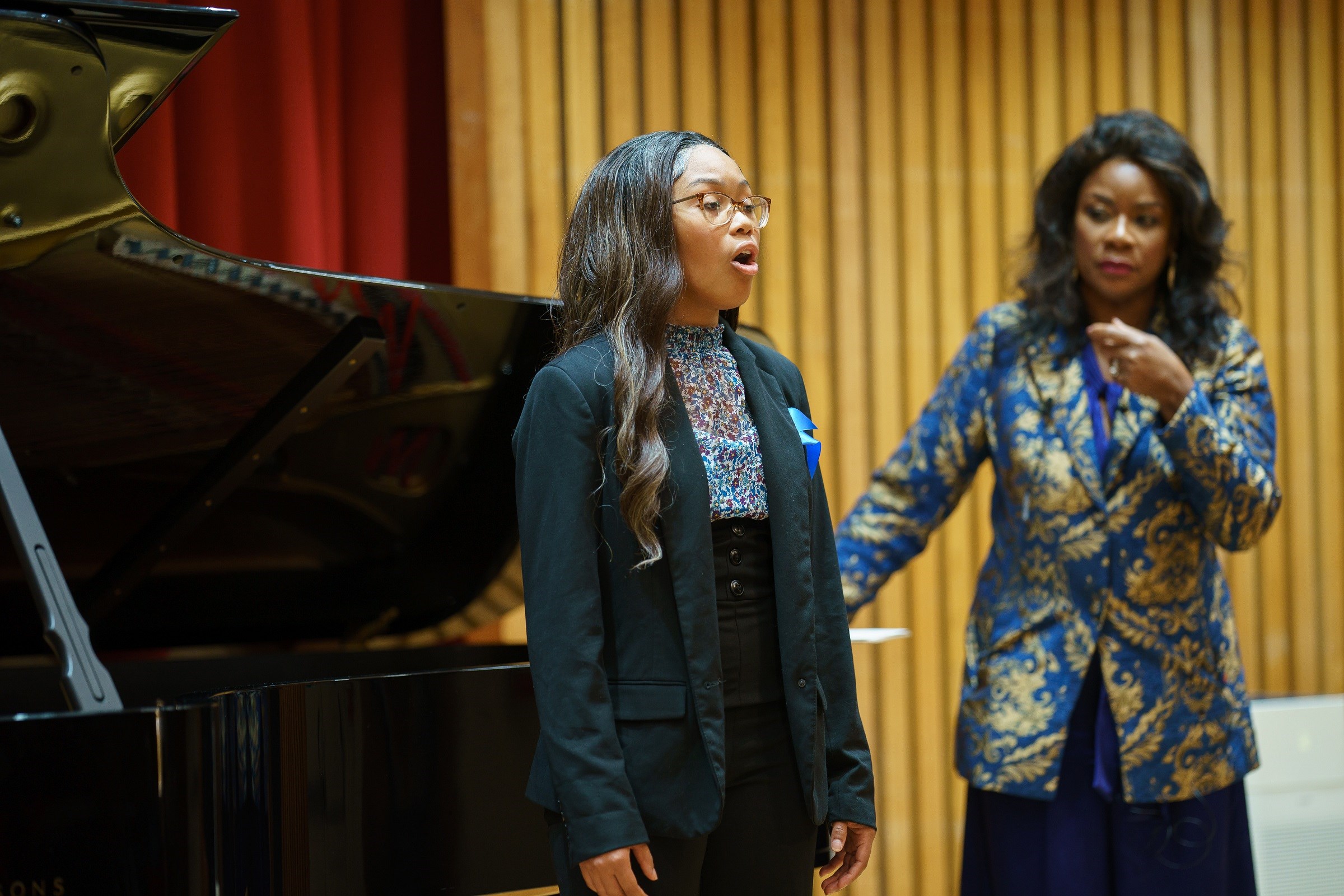
Tenor Russell Thomas, an artist-in-residence at LA Opera since 2021, has been working to expand the company’s creative and community engagement programs, taking particular care to connect with the next generation of singers. In 2021, he began contacting historically Black colleges and universities (HBCUs) to discuss potential partnerships involving their students. Of the 82 emails he sent to such institutions, however, only three responded. “It can be a very closed community, unfortunately,” Thomas says. “These colleges want to protect their students, but sometimes you can be so protectionist that you miss out on opportunities.”
Thomas himself says he’s seen too many Black musicians hired as “token” minorities, only to be quietly fired or replaced if they fall short of expectations. “When you’ve never had this kind of opportunity before, no one is guiding you and telling you what you need to do to prepare and how to take advantage of the opportunity,” he adds.
Any student not prepared with relevant educational and career development training can struggle on entering the workforce. The vocational experience to be gained from partnering with professional opera companies could help to address this issue. HBCUs already have a proven track record of increasing Black representation in other fields. According to the education organization the United Negro College Fund, 25% of African American students graduating with degrees in science, technology, engineering, or mathematics are graduating from HBCUs.
Now, in order to address historic exclusionary practices against people of color in higher education and the arts, arts organizations around the country — including opera companies — are partnering with HBCUs to provide more educational and professional development opportunities for students from marginalized backgrounds and strengthen relationships with the Black community.
In 2022, LA Opera went in person to campuses to recruit singers and has since worked with 18 students from 11 different HBCUs to help them prepare for the competitive demands of an operatic career. That may seem like only a tiny nudge of the needle, but LA Opera is hardly alone in this effort.
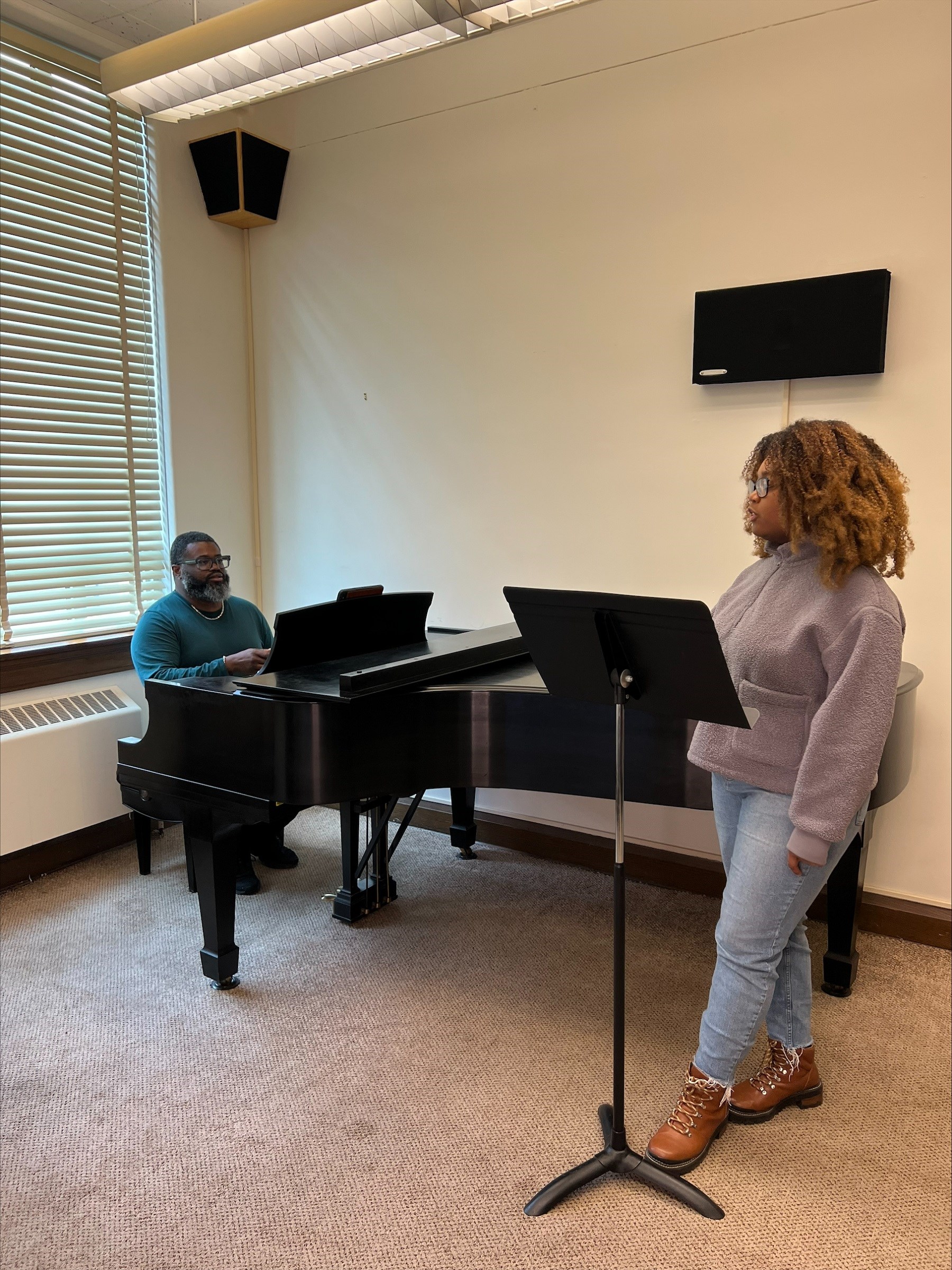
At Nashville Opera, Tennessee State University Professor Patrick Dailey created the Big Blue Opera Initiatives back in 2015, later bolstered in 2020 by an OPERA America Innovation Grant. “It’s imperative that the industry listens to the people who come from HBCUS,” says Dailey, an HBCU alumnus himself. “Some people don’t have our experience, and they’re trying to tell us what we need.” Funded by the National Endowment for the Arts and the Mellon Foundation’s South Arts Resilience Fund, the program provides students at Tennessee State and Fisk University, both historically Black institutions, with workshops, professional headshots and recordings, admission to dress rehearsals, and invaluable opportunities to network and perform. “Our students need to have the full experience, not just the Black experience,” adds Gwendolyn Brown, a professor at Fisk and program director at Big Blue Opera.
More recently, North Carolina Opera (NCO) co-hosted its first HBCU Night in March 2022 with Shaw University’s Center for Racial and Social Justice. They invited students at Raleigh-Durham-area HBCUs to the world premiere of Sanctuary Road, an opera based on stories from the Underground Railroad, followed by a panel discussion and reception at Governor Roy Cooper’s executive mansion. After selling out these performances, HBCU Night returned in April 2023 for Porgy and Bess. NCO also welcomed Shaw University leaders to its advisory committee to make suggestions for future repertoire and community engagement.
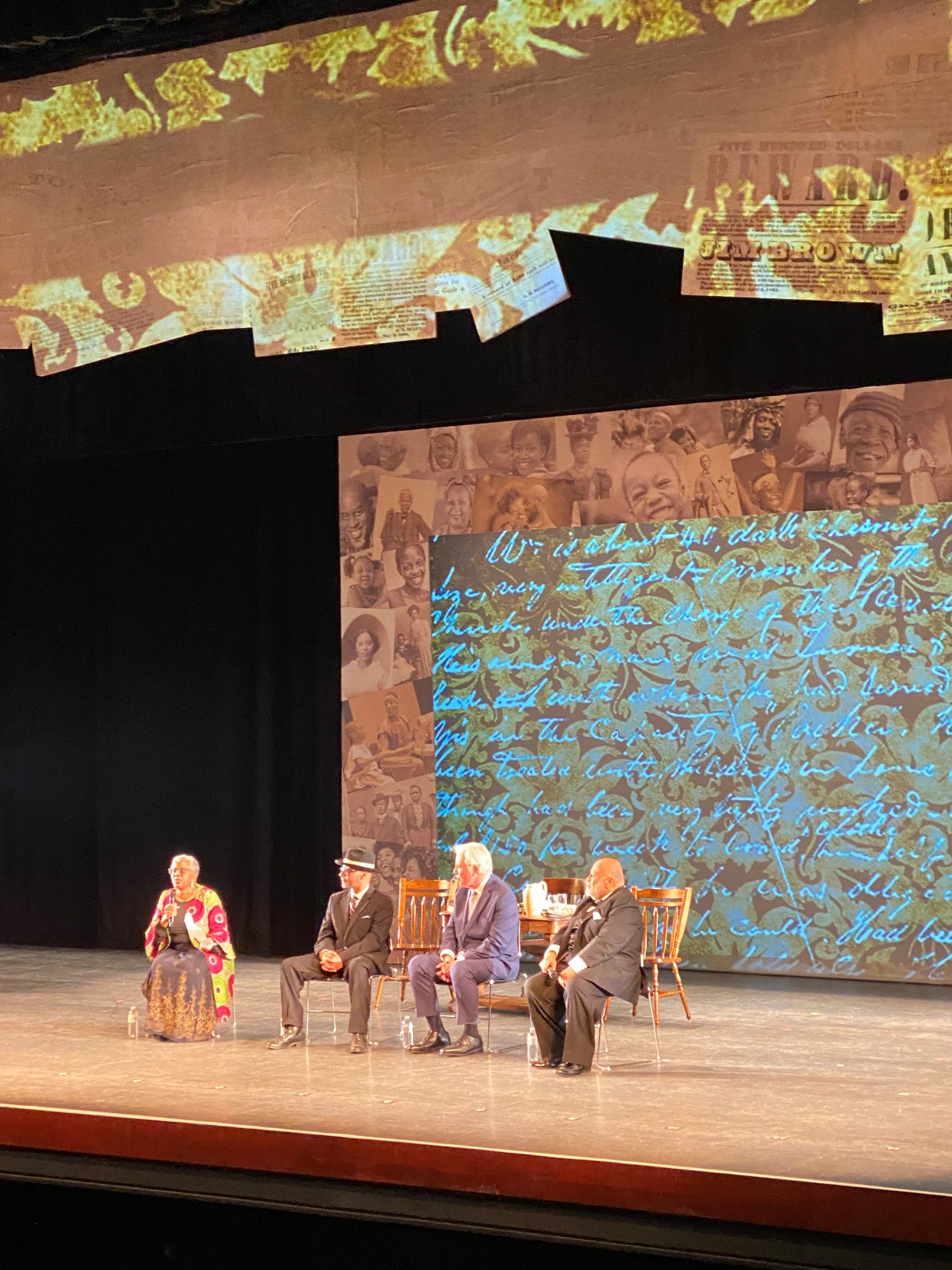
And in 2022, the Denyce Graves Foundation, a nonprofit organization that promotes social justice in American classical vocal arts, launched Shared Voices, an educational exchange program between HBCUs, top conservatories, and arts organizations like the Library of Congress, Metropolitan Opera, and Smithsonian Institution. “It’s all about sharing and looking at that which makes us rich as a country,” says Graves, explaining that the program is intended to promote cross-cultural collaboration and learning and help students and faculty expand their networks.
Most HBCU opera partnerships are in their early stages, but for the students who participate, the programs are a significant benefit. “It changed my life,” says Fisk alumna Cortney Towns of her experience with Nashville Opera’s Big Blue Opera program. “That experience gave me the confidence to step into my calling of singing. I realized that I am worthy of being on these bigger platforms.”
This article was published in the Spring 2023 issue of Opera America Magazine.
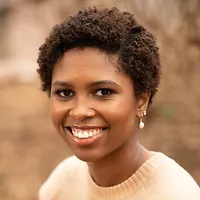
Piper Starnes
Piper Starnes has written for Syracuse.com and Rochester CITY News.

